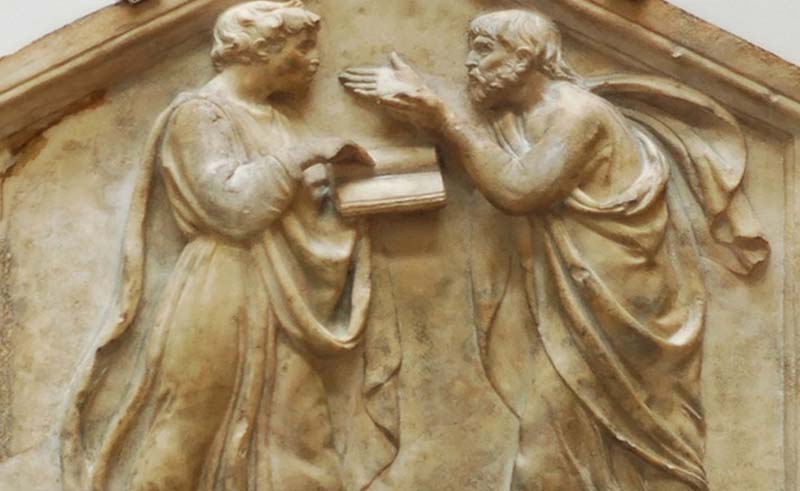Reflections on Rhetoric:
A Virtue for Building Bridges
In my initiatory journey, I have discovered that rhetoric is not merely an ancient art meant to persuade or convince, but a powerful tool for building bridges between the heart and mind, between the speaker and their audience, between the individual and the collective. Through studying it, I have come to understand that it goes beyond words; it is about conveying truth with clarity, harmony, and fairness.
Rhetoric as the Art of Communication
During my early steps in this study, I learned that rhetoric is not simply about speaking well, but about effectively communicating ideas that build and strengthen both the speaker and the listener. It is an invisible bridge that connects humanity with itself and others. In our meetings, where words play a central role, I have seen how a well-structured speech can inspire, teach, and elevate hearts toward higher ideals.
Rhetoric teaches us to be mindful of our words because every syllable carries creative power. As brothers seeking light, we must remember that our words should be instruments of peace, not weapons of division. This is one of its greatest principles: the responsible use of language.
Fundamental Elements of Rhetoric
By delving deeper into this subject, I identified three fundamental pillars that support any good discourse:
- Logos : Reason, logic, and internal coherence of the message. A speaker must construct their argument firmly, relying on facts and solid principles. This reminds us of our duty to always seek truth and act accordingly.
- Pathos : Emotional appeal, which touches the listener’s heart. Correct reasoning alone is insufficient; we must also connect with human sensitivity. Properly used emotion serves as a catalyst for noble and transformative actions.
- Ethos : The credibility and morality of the speaker. Our character, integrity, and example are crucial in earning the trust of those who listen to us. Only those who live according to their words can inspire genuine trust.
Practical Applications in Daily Life
Through studying rhetoric, I have applied these principles in my everyday life. In our fraternal discussions, I have learned to present my ideas respectfully, without imposing them or offending others. I have understood that silence is also part of rhetoric: knowing when to speak and when to remain silent is an invaluable skill.
Furthermore, I have noticed how rhetoric can help me resolve conflicts. When facing disagreements, instead of confronting directly, we can use words to find common ground and build solutions together. This has led me to value even more the Masonic principle of unity in diversity.
Final Reflections
Today, after years of study and practice, I can say that rhetoric is not just a useful art, but a necessary virtue for any seeker of light. It teaches us to express our ideas clearly, to listen attentively, and to interact constructively with others. It reflects our commitment to truth, justice, and universal fraternity.
I invite my brothers to reflect on their own way of communicating. Do we use our words to build or destroy? Are we aware of the impact our sentences have on others? Every time we open our mouths, we have the opportunity to sow seeds of wisdom or chaos. May our words always be a living testament to our values and aspirations.
So mote it be.






